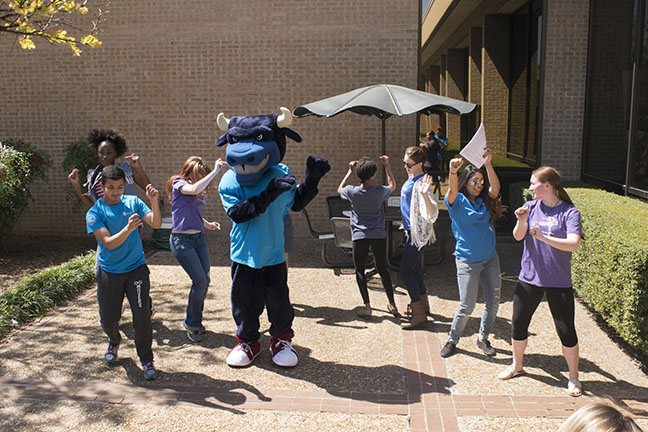By Raven Posteal/reporter
Setting goals and completing a resume before students graduate will pay off later, the South career center coordinator told students March 24.
Monica Miranda discussed the basics of how to write a resume and why it is beneficial to do so. She described the most frequent mistakes students make while trying to complete a resume.
“You don’t want to fill out a resume that has outdated information on it or put down information that would be embarrassing,” she said.
Students often have either too much or too little information on their resumes, Miranda said.
“Your resume should generally be no more than two pages,” she said.
Two pages for a resume are all anyone needs to impress a potential employer, Miranda said. Anything under that is not necessarily bad, but it could indicate little effort. Having more than two pages is considered unnecessary because most potential employers are not going to take the time to look at anything that extensive.
Miranda then shared a short video to give students an additional opinion on what should and should not be included on a resume. In that video, the experts said typos are a common mistake seen too often.
“This is a mistake that can make your resume quickly go into the ‘no’ pile,” Miranda said.
Employers look at typos as not taking the proper time to look over the work before submitting it. They show laziness and a lack of effort and that the person does not truly care about the position.
During a Q&A session, Miranda addressed a student’s concern about using dates and looking bad on a resume by having huge gaps in employment.
“I always tell students to not put the exact date on their resume,” she said. “In my opinion, it is better to just put the year you might have worked at a job so the employer does not know whether you worked there for one month or for the whole year.”
The purpose of a resume is to get a foot in the door. All explanations can come if/when an employer asks someone to provide that information during an interview, Miranda said.
Other helpful tips provided included not listing actual references because that information can be provided later.
Miranda also suggested not listing an address if the person lives far from the job as this can discourage a potential employer from giving the individual even the slightest chance at a first interview.
Her final advice was not to use full sentences. A resume is meant to be short and to the point. It is not an essay or a diary, Miranda said.
For more information about resumes or to have someone look over a resume before submitting it to a potential employer, students can visit Miranda in SSTU 1102A or visit the career centers on any TCC campus.
























